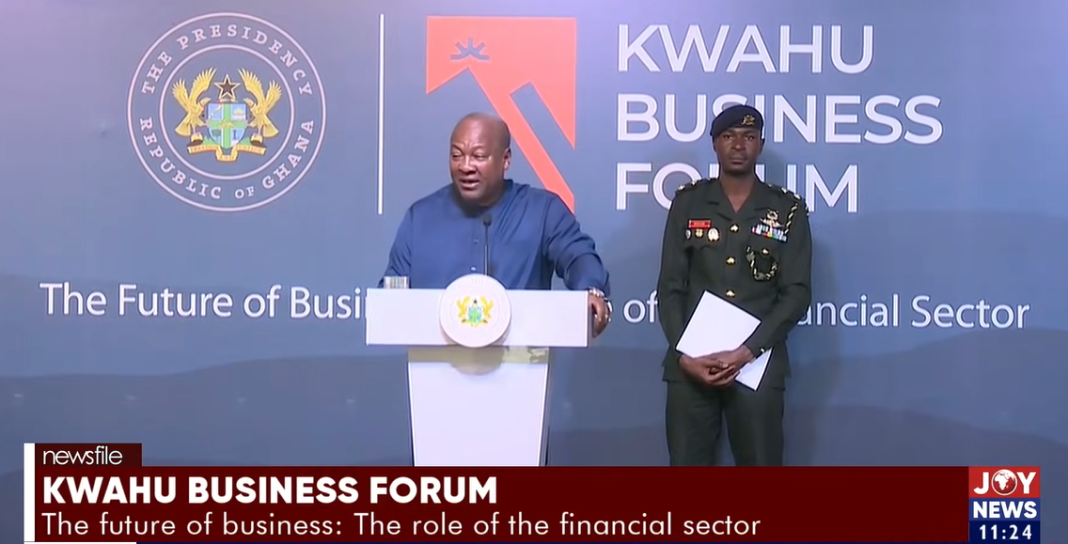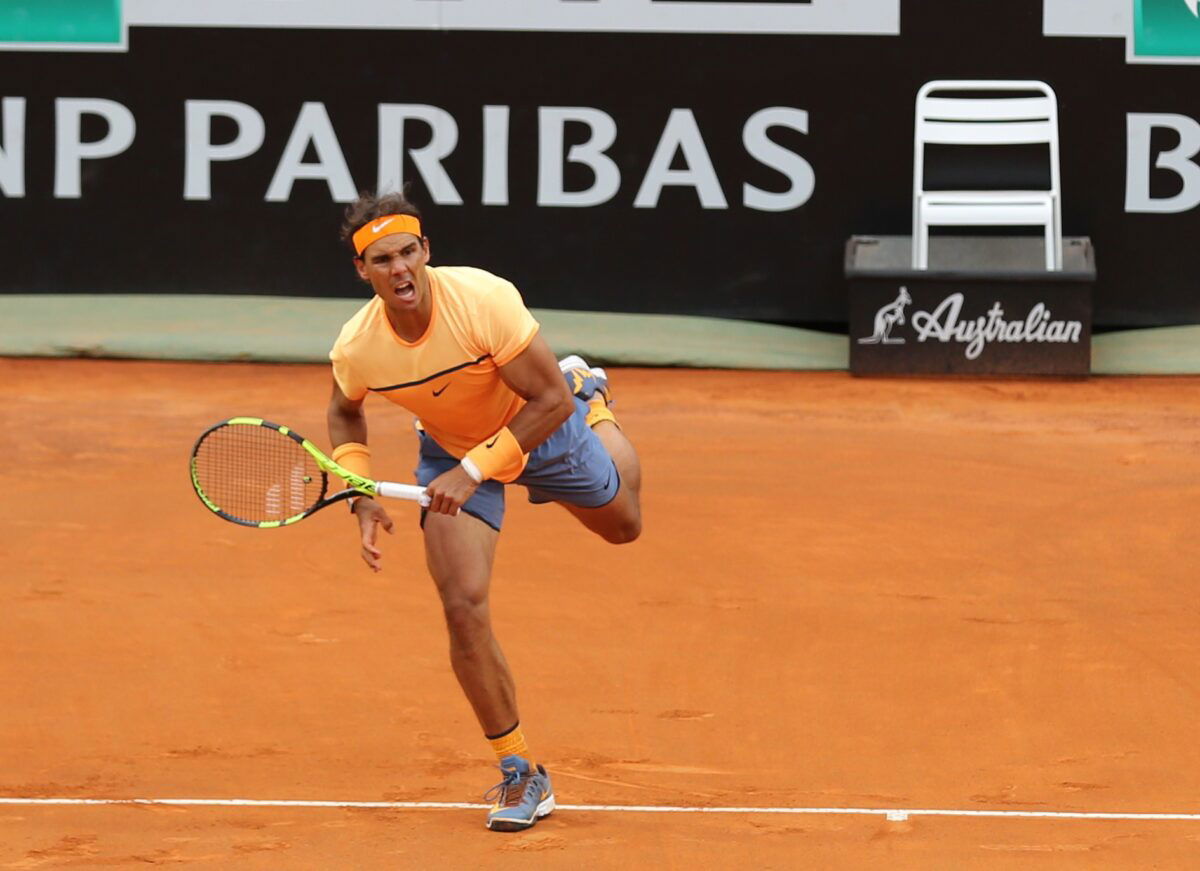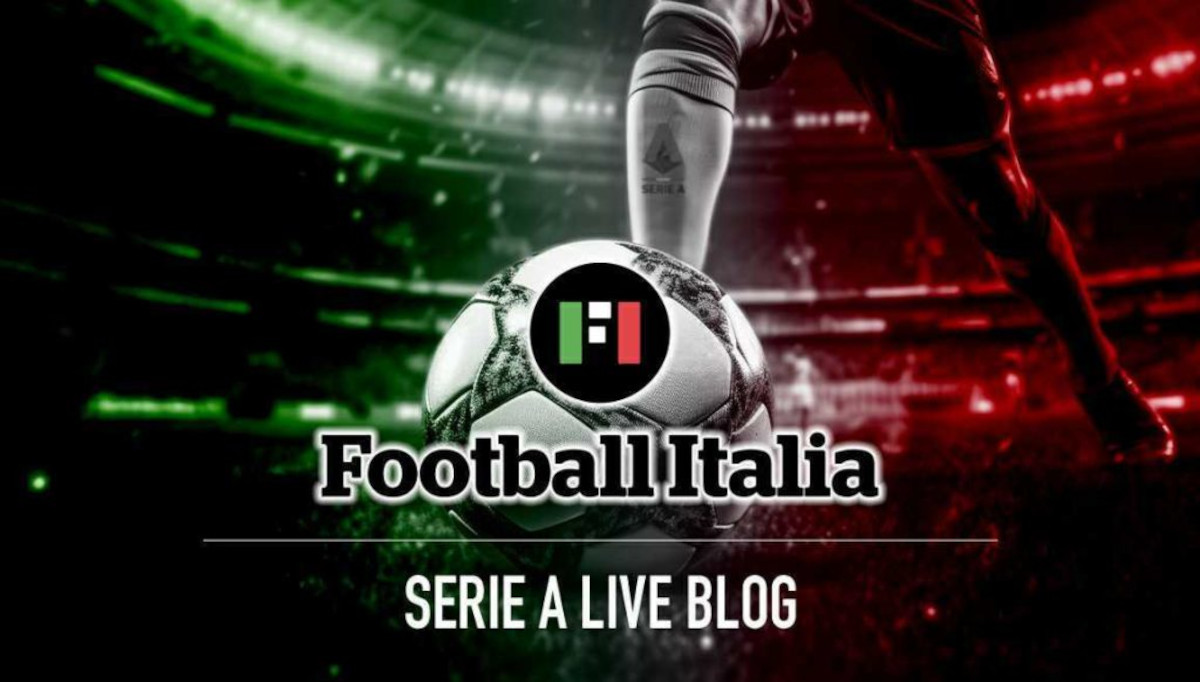COULD IRELAND exceed expectations under Heimir Hallgrímsson and qualify for the 2026 World Cup? The odds are not in their favour to reach the tournament co-hosted by USA, Canada and Mexico. Bookmakers have them at around 500/1 to win the tournament, with countries like Ecuador, Paraguay and Canada considered more likely victors. Conceivably, it has never been easier for a team to qualify for the World Cup.
It will be the largest-ever tournament, with 48 teams competing — 16 more than Qatar 2022. Europe’s allocation has been increased from 13 to 16. When asked last weekend about Ireland’s chances, Matt Doherty was buoyant, saying: “We’re going to have to make sure we get our points against the teams we’re meant to get our points against.

“I think in the group, there’s not a huge amount to be fearful of. We should go in there full of confidence, really believing in ourselves. Armenia lost heavily [against Georgia last Sunday night].
So come on, we have a real shot at this.” Yet, others are bound to be more skeptical ahead of the qualifiers, with the group matches taking place in an unusually condensed format between September and November later this year. As welcome as this month’s back-to-back wins over Bulgaria were — Ireland’s first consecutive competitive victories during an international window since the Mick McCarthy era in 2019 — the poor quality of the opposition must be taken into account.
Bulgaria are 22 places below Ireland in the Fifa rankings, so it would be premature to suggest the national side have turned a corner after several underwhelming years based on two positive results. When Doherty speaks about getting points “against the teams we’re meant to get our points against,” a neutral observer would put to Armenia as the only side in the group that falls into that category. Portugal are ranked sixth in the world and Hungary are 30th, while Ireland are 60th and Armenia are 100th.
In addition, as the pot three team, Ireland are expected to finish third. Unlike the Boys in Green, both Hungary and Portugal qualified for Euro 2024, with the latter unlucky to lose their quarter-final clash to France on penalties. Yet that is not to suggest World Cup qualification is an impossible task.
Hallgrímsson is no stranger to performing beyond expectations. Knocking England out of the 2016 Euros was the most famous moment of the manager’s Iceland reign, but similarly impressive was topping a 2018 World Cup qualifying group ahead of Croatia, Ukraine, Turkey, Finland and Kosovo. In addition, despite a generally disappointing record, Ireland are unbeaten against Hungary in two matches this decade.
Under Stephen Kenny, they drew 0-0 in Budapest in 2021, while they beat the Hungarians 2-1 during John O’Shea’s interim reign last June, albeit both matches were friendlies. The Boys in Green played Armenia twice as recently as 2022. The 1-0 loss in Yerevan was among the lowest points of Kenny’s stint, while the 3-2 win in Dublin gave the under-fire manager some breathing space.
The matches with Portugal, meanwhile, are among the better memories of the Dubliner’s ill-fated spell in charge. They were unlucky at Estádio Algarve, losing 2-1, having been a goal up until the dying minutes, while they drew the home 2022 World Cup qualifier 0-0. But Portugal’s pre-Euros 3-0 win over a John O’Shea-managed Irish team last June in Aveiro was perhaps a more accurate reflection of the gulf in class between the sides.
Consequently, even the most optimistic of Irish fans might feel second place and advancing via the playoffs is the most realistic route of getting to the 2026 summer tournament. Hungary were knocked out at the group stages despite being fancied to do well at the Euros. They have won just one out of eight matches since, including a 6-1 aggregate defeat against Turkey in their Nations League promotion-relegation playoff.
There is the caveat that they were a League A team and found themselves paired in the same group as Netherlands, Germany and Bosnia and Herzegovina, scoring only four goals in that group and conceding 11. Yet, Ireland getting the better of Hungary would still be an upset, given the two sides’ recent respective footballing histories. But assuming Ireland do finish ahead of Hungary and behind Portugal, there will still be plenty of work to do.
16 teams in total will feature in the playoffs — the 12 group runners-up and four Nations League group winners that finished outside the top two of their qualifying group, and otherwise teams based on the 2024–25 Uefa Nations League interim overall ranking. There will be four teams playing in four different pathways, with the winner of each pathway qualifying for the World Cup. There will be single-leg semi-finals where the better-seeded team will play at home, plus a final where the host will be determined by a draw.
Pots one to three will be based on teams’ Fifa ranking, while the four teams qualified via the Nations League will be automatically seeded into pot four. So, if Ireland finish second, they will not be in pot four. The four pathways will feature a team from each of the four pots, with the games due to be played on 26 and 31 March 2026.
So theoretically, if Ireland were a pot one team, they would host a semi-final against a team that qualified via the Nations League and then face either a pot two or pot three team in the final. Similarly, if Hallgrímsson’s men were a pot two team, they would play at home against a pot three side in the semi-finals and most likely face a pot one team in the final. Some of the teams not favoured to secure a top-two spot who could feature in pot 4 having won their Nations League group include North Macedonia, Northern Ireland (who beat Bulgaria among others to top spot), Moldova and San Marino.
It is why the significance of winning at home to Senegal and away versus Luxembourg in the upcoming June friendlies should not be underestimated. Perhaps it is also why the Football Association of Ireland are hoping to add more June matches . The more wins Ireland pick up between now and March (again, assuming they do finish second in their group), the better their Fifa ranking will be, which would theoretically mean an easier route in the playoffs.
.
Sports

What Ireland need to do to qualify for the 2026 World Cup

A look ahead at the upcoming fixtures and why even the outcome of summer friendlies with Senegal and Luxembourg could be significant.















